How to relieve constipation : Causes & Prevention
How to relieve constipation : Constipation is a common digestive issue affecting people of all ages. It is characterized by infrequent bowel movements, difficulty passing stool, or the sensation of incomplete evacuation. Although constipation is usually not a serious condition, it can cause significant discomfort and affect the quality of life.
Fortunately, there are various strategies to relieve constipation and promote healthy bowel function. This article explores effective methods to alleviate constipation, focusing on dietary, lifestyle, and natural remedies.
Understanding Constipation (Causes)
When the colon absorbs an excessive amount of water from the food in the digestive tract, it can result in hard and dry stools, which is known as constipation. There are various factors that can contribute to this condition :
- Low Fiber Diet: A diet lacking in fiber is a primary cause of constipation. Fiber adds bulk to the stool and helps it pass through the intestines more easily.
- Dehydration: Insufficient water intake can lead to hard, dry stools that are difficult to pass.
- Lack of Physical Activity: Sedentary lifestyles can slow down bowel movements.
- Medications: Certain medications, such as opioids and some antidepressants, can cause constipation.
- Ignoring the Urge to Defecate: Ignoring the urge to have a bowel movement can lead to constipation over time.
- Medical Conditions: Conditions like irritable bowel syndrome (IBS), diabetes, and hypothyroidism can contribute to constipation.
Foods that cause constipation
Foods that can cause constipation include:
- Processed foods (e.g., fast food, chips)
- Red meat
- Dairy products (e.g., cheese, milk)
- Refined grains (e.g., white bread, white rice)
- Fried foods
- Bananas (especially unripe)
- Sweets and sugary snacks
Dietary Adjustments
- Increase Fiber Intake: Incorporating more fiber-rich foods into your diet is one of the most effective ways to relieve constipation. Aim for a daily intake of 25-30 grams of fiber. Good sources of fiber include:
- Fruits (apples, pears, berries)
- Vegetables (broccoli, carrots, leafy greens)
- Whole grains (oatmeal, brown rice, whole wheat bread)
- Legumes (beans, lentils, chickpeas)
- Stay Hydrated: Drinking plenty of water is crucial for preventing and relieving constipation. Water helps soften the stool, making it easier to pass. Aim for at least 8 glasses of water a day. Herbal teas and clear soups can also contribute to your fluid intake.
- Limit Low-Fiber Foods: Reduce the consumption of low-fiber foods such as processed and fast foods, dairy products, and red meat, as they can exacerbate constipation.
Lifestyle Changes
- Regular Physical Activity: Engaging in regular physical activity helps stimulate intestinal function and promotes regular bowel movements. Activities like walking, jogging, yoga, and swimming can be beneficial.
- Establish a Routine: Try to establish a regular routine for bowel movements. Going to the bathroom at the same time each day, especially after meals, can help train your body to have regular bowel movements.
- Listen to Your Body: Respond promptly to the urge to have a bowel movement. Ignoring this urge can lead to constipation.
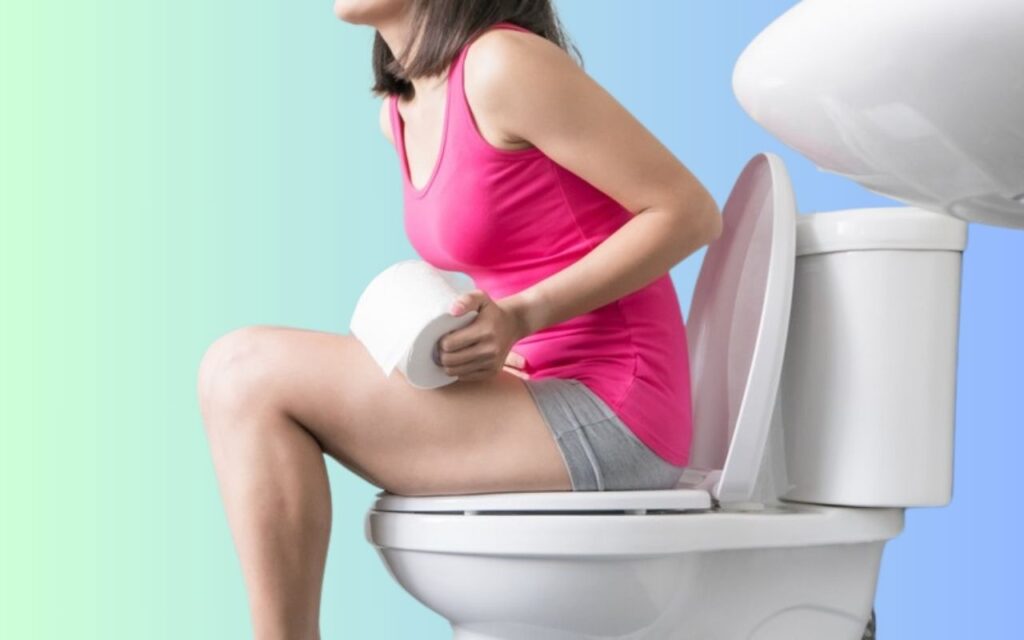
Natural Remedies (How to relieve constipation naturally)
- Prunes and Prune Juice: Prunes are a well-known remedy for constipation due to their high fiber content and natural laxative properties. Consuming a few prunes or a glass of prune juice can help stimulate bowel movements.
- Psyllium Husk: Psyllium husk is a natural fiber supplement that can help relieve constipation. Mix a teaspoon of psyllium husk with water and drink it once or twice a day. Be sure to drink plenty of water when taking fiber supplements to prevent further constipation.
- Flaxseeds: Flaxseeds are rich in fiber and omega-3 fatty acids, which can help promote regular bowel movements. Sprinkle ground flaxseeds on your cereal, yogurt, or salads, or mix them into smoothies.
- Aloe Vera: Aloe vera juice has natural laxative properties that can help relieve constipation. Start with a small amount to see how your body reacts, as it can be potent.
- Probiotics: Probiotics are beneficial bacteria that help maintain a healthy gut flora, which is essential for regular bowel movements. Foods rich in probiotics include yogurt, kefir, sauerkraut, and other fermented foods. Probiotic supplements are also available.
Medical Interventions
If dietary and lifestyle changes, along with natural remedies, do not provide relief, you may need to consider medical interventions. It’s important to consult a healthcare professional before using these options.
- Over-the-Counter Laxatives: There are various types of over-the-counter laxatives, including bulk-forming agents, stool softeners, and stimulant laxatives. These can provide temporary relief but should not be used long-term without medical advice.
- Prescription Medications: In some cases, prescription medications may be necessary. Medications such as lubiprostone and linaclotide can help increase fluid in the intestines and promote bowel movements.
- Biofeedback Therapy: Biofeedback therapy can help people with pelvic floor dysfunction, a condition that can cause chronic constipation. This therapy teaches you how to relax and coordinate the muscles used in bowel movements.
How to Lose Weight: A Comprehensive Guide
How to relieve constipation on the toilet immediately
To relieve constipation immediately on the toilet, try elevating your feet on a stool to mimic a squatting position, which can help align the rectum. Relax and take deep breaths. If necessary, gently massage your abdomen in a clockwise motion to stimulate bowel movement.
Preventing Constipation
Prevention is key to avoiding the discomfort and potential complications of chronic constipation. Here are some tips to help prevent constipation:
- Maintain a Balanced Diet: Ensure your diet is rich in fiber, and stay hydrated.
- Stay Active: Incorporate regular physical activity into your daily routine.
- Monitor Medications: Be aware of medications that may cause constipation and discuss alternatives with your healthcare provider if necessary.
- Manage Stress: Stress can affect your digestive system, so practice stress-reducing techniques such as meditation, deep breathing, and mindfulness.
Immediate constipation relief at home
(How to relieve constipation fast) : For immediate constipation relief at home, drink a glass of warm water, eat fiber-rich foods like prunes or apples, and try gentle exercises like walking. Use a mild, over-the-counter laxative if needed. (Immediate constipation relief adults)
Conclusion
Constipation can be a bothersome and uncomfortable condition, but with the right strategies, it can be effectively managed and prevented.
By making dietary adjustments, adopting healthy lifestyle habits, and using natural remedies, you can promote regular bowel movements and improve your overall digestive health.
If constipation persists despite these measures, it’s important to seek medical advice to rule out any underlying conditions and explore other treatment options.

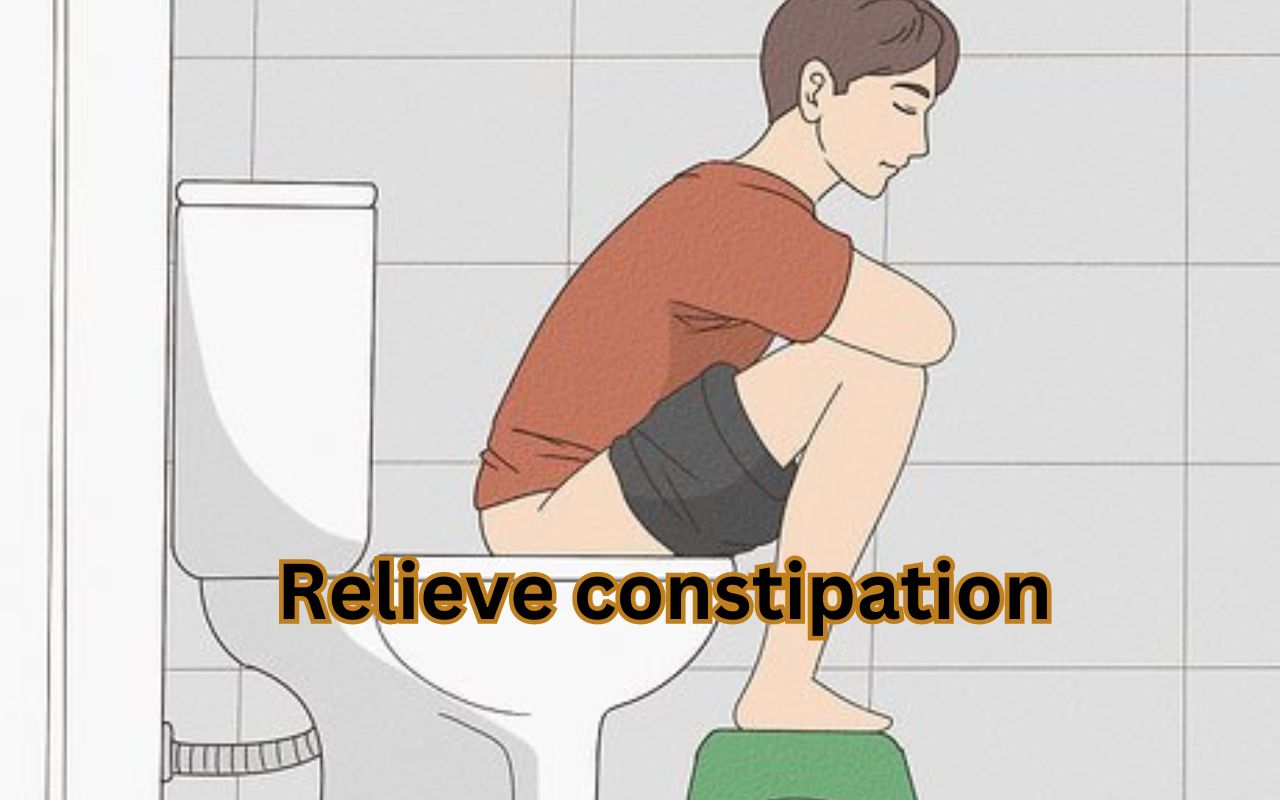
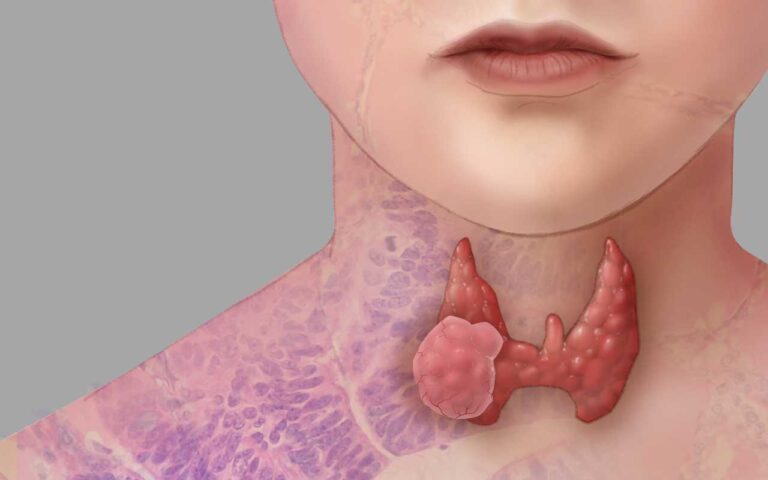
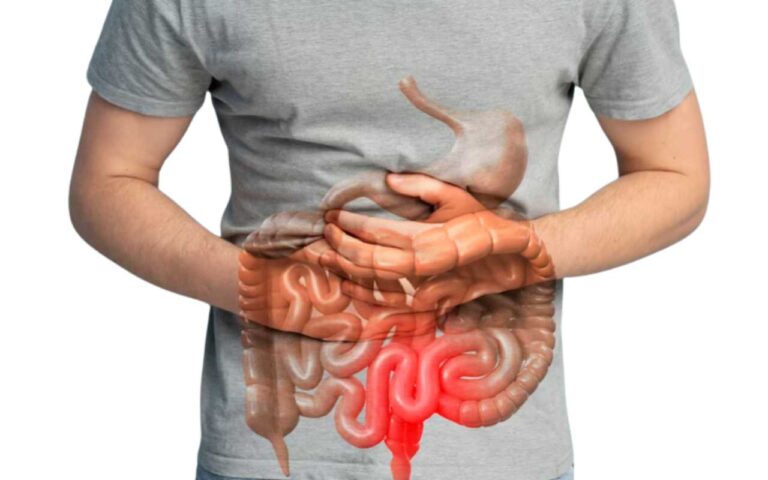
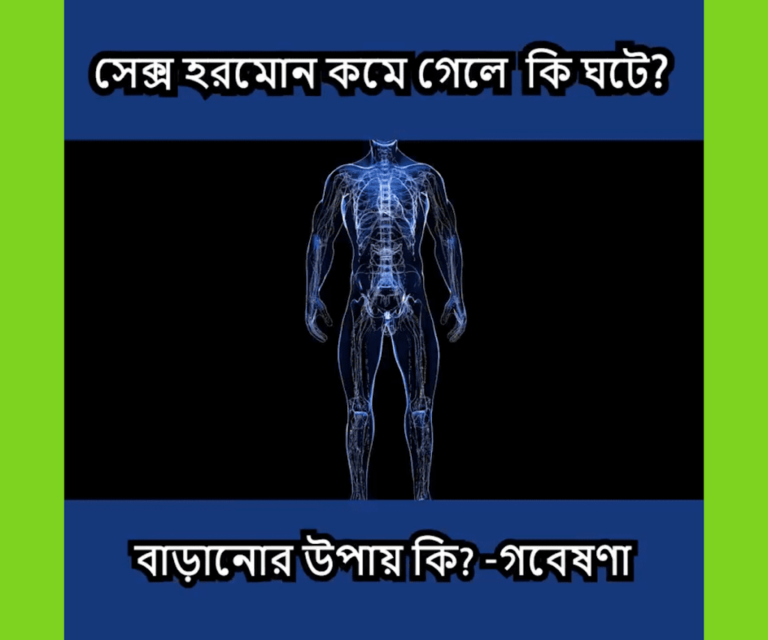


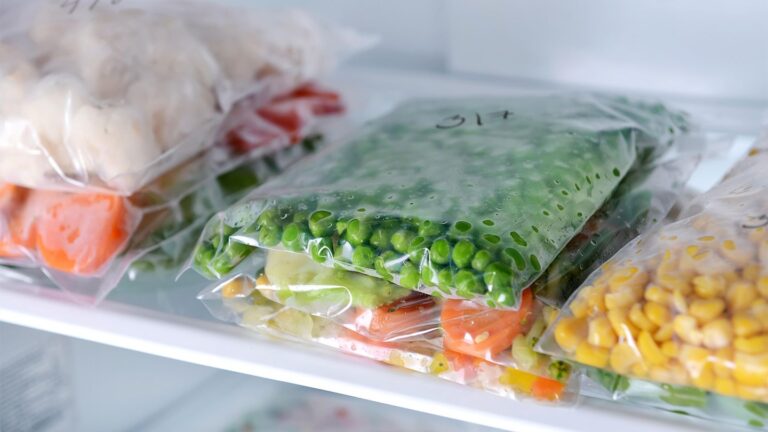
One Comment